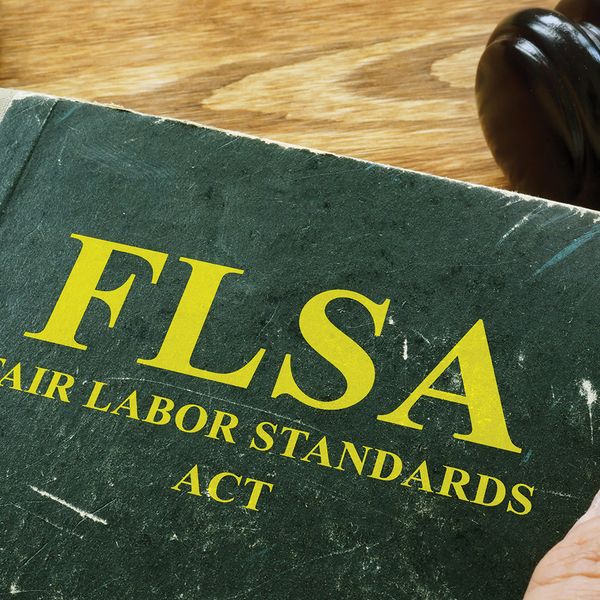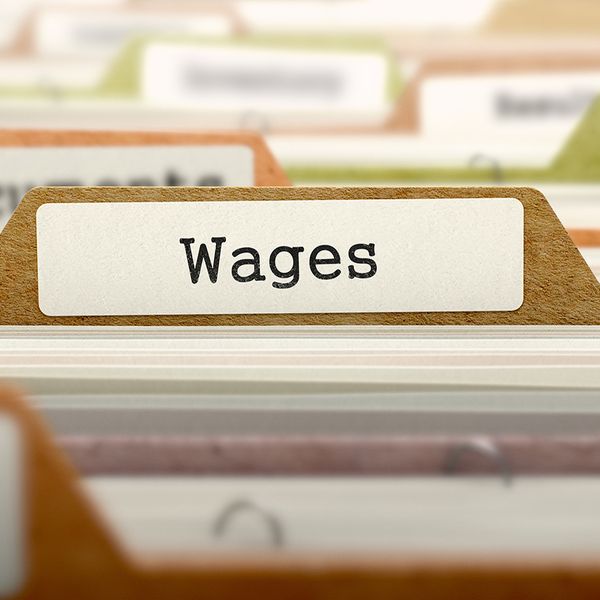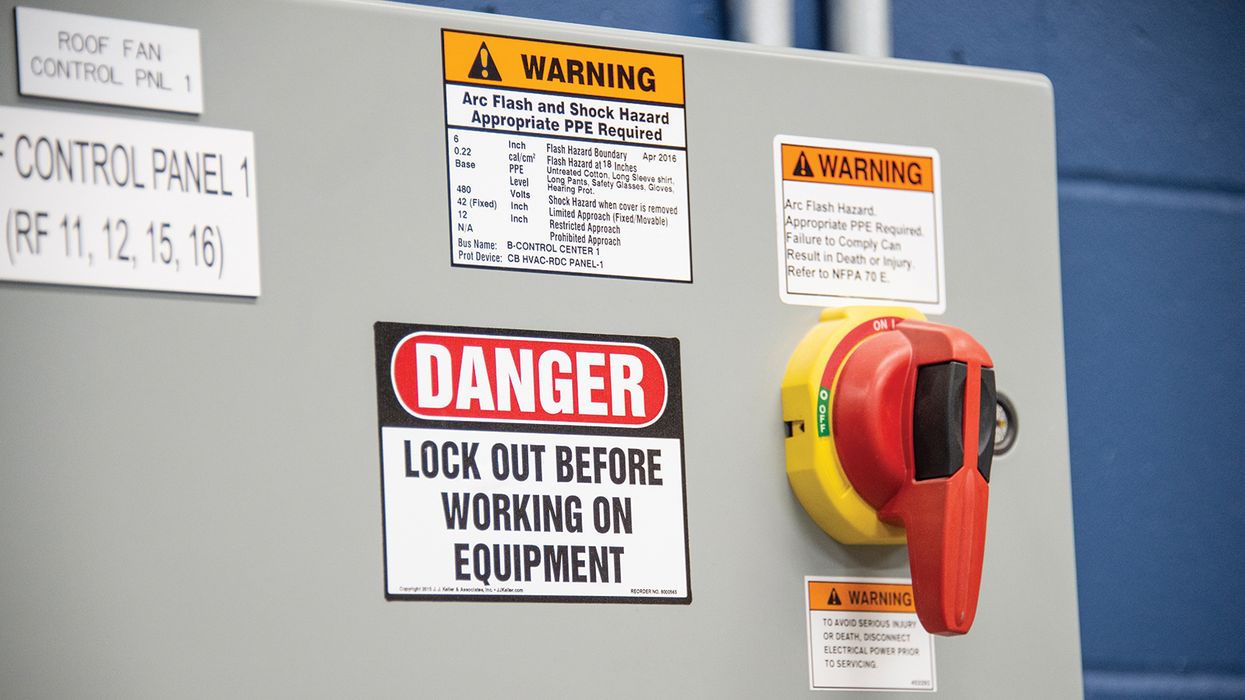Final paychecks: Tying up loose ends when employees leave
No federal law requires employers to give employees their final paychecks immediately. The U.S. Department of Labor (DOL), however, says if an employee’s regular payday has passed and the employee has not been paid, the employee should contact the DOL’s Wage and Hour Division or the state labor department.
Although the Fair Labor Standards Act (FLSA) effectively requires employers to provide final wages on the next regular payday, some states require immediate or expedited payment.
Backpay
The DOL and many states have steps in place for employees to recover back wages. When it comes to wage violations, employers may be ordered to make up the difference between what the employee was paid and the amount that should have been paid. Sometimes large penalties apply. The amount of this sum is often referred to as “back pay.”
Severance pay
Often, severance pay is granted to employees upon termination and is usually based on length of employment. The FLSA, however, does not require severance pay. Rather, it is a matter of agreement between an employer and an employee (or the employee’s representative).
Compliance tips: Tying up loose ends
When employment ends, there are often many loose ends to tie up. To make sure these items are discussed, make a checklist of final items to discuss with the employee, such as:
- Final paychecks — Many states require employers to pay final wages, including any accrued but unused paid leave, at the time of termination. If immediate payment is not required, discuss how and when the employee’s final paycheck will be delivered.
- Benefits summary — Employers should provide a statement addressing any post-employment benefits such as continuation of health coverage through COBRA, 401(k) plan information, stock options or any other benefits to which an employee might be entitled.
- Unemployment compensation — Not all employees who are terminated will be eligible for unemployment benefits, but information can be provided on how the employee can file a claim for unemployment benefits.
- Company property — Reclaim company items that the employee might have, including keys, security badges, or company credit cards.
























































